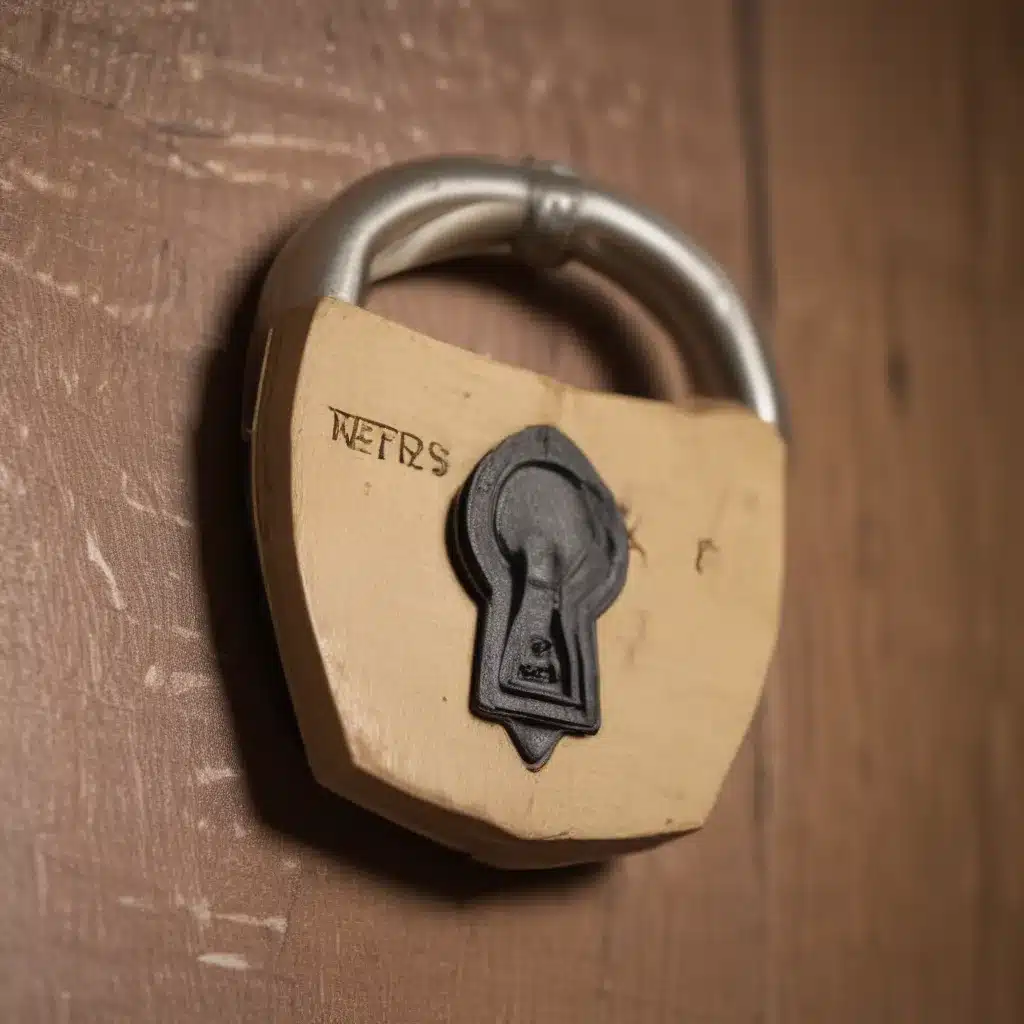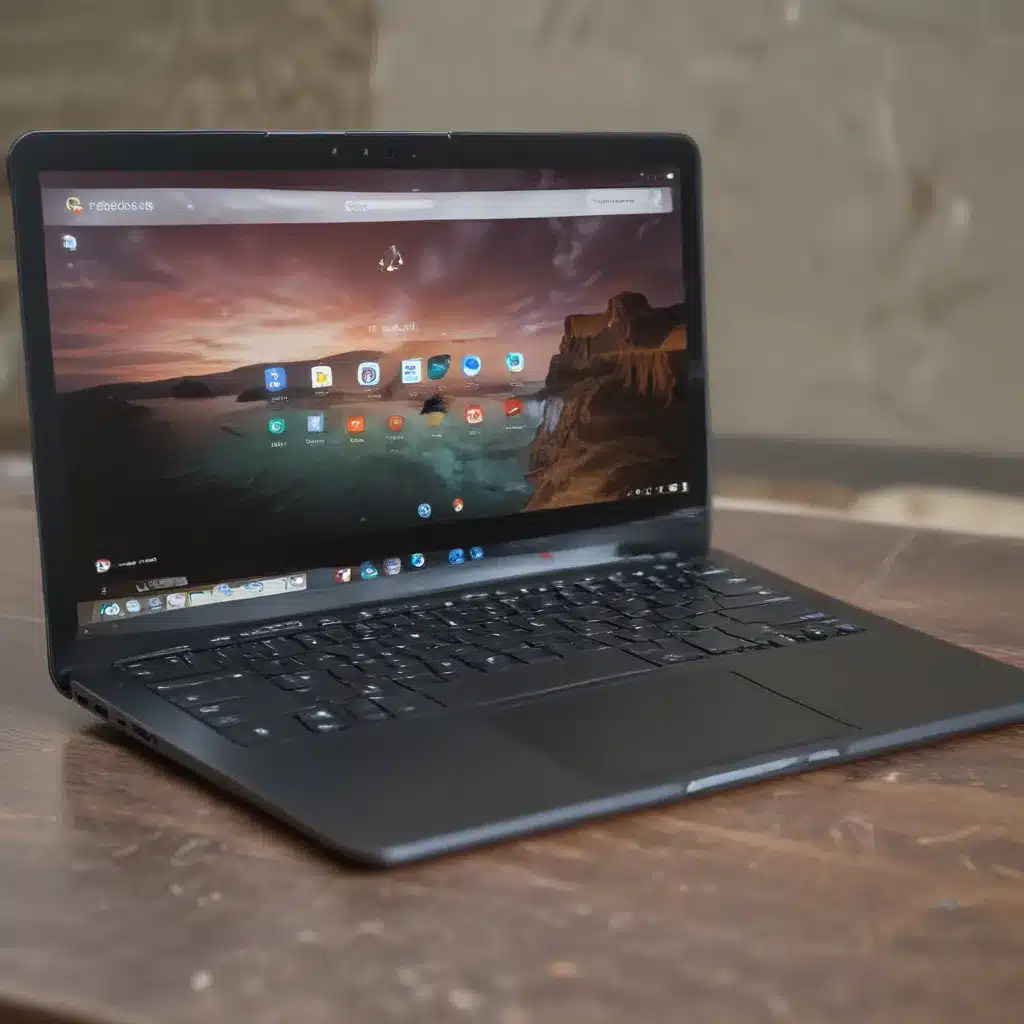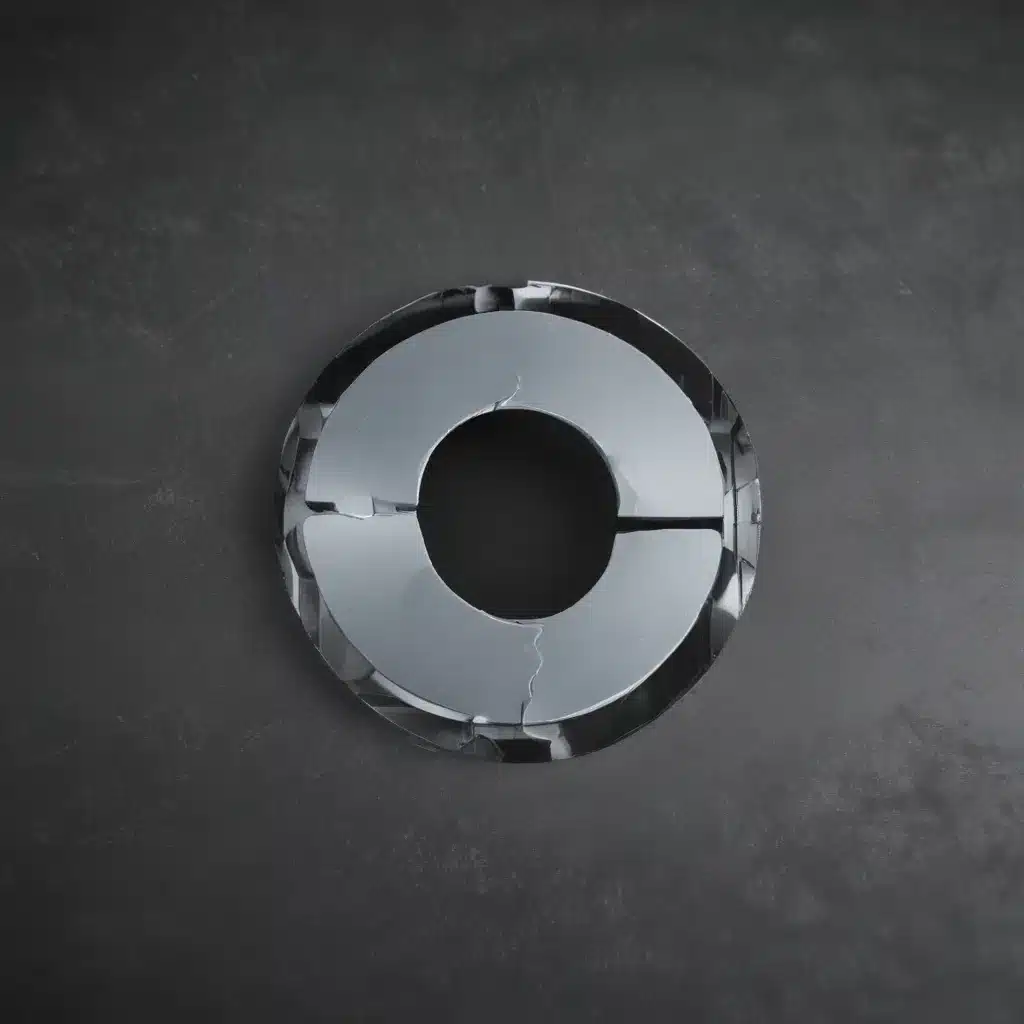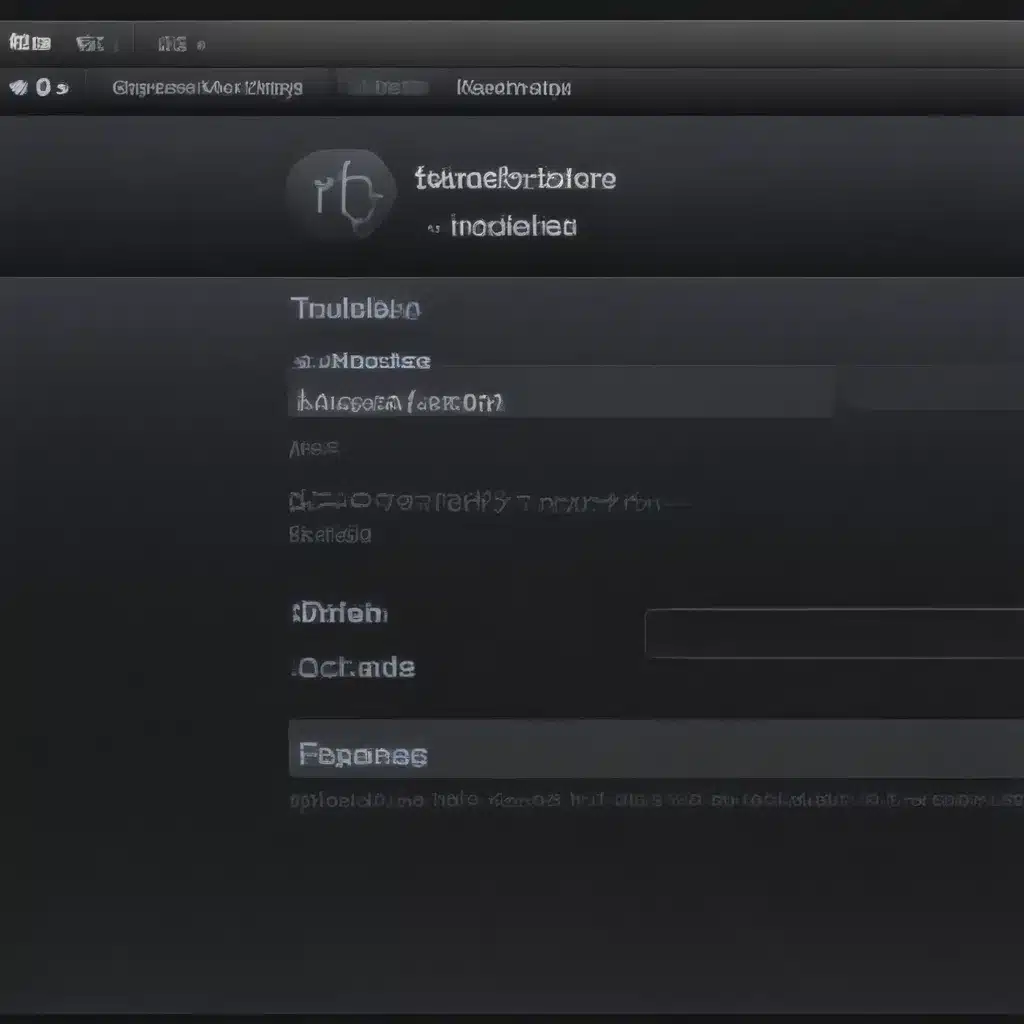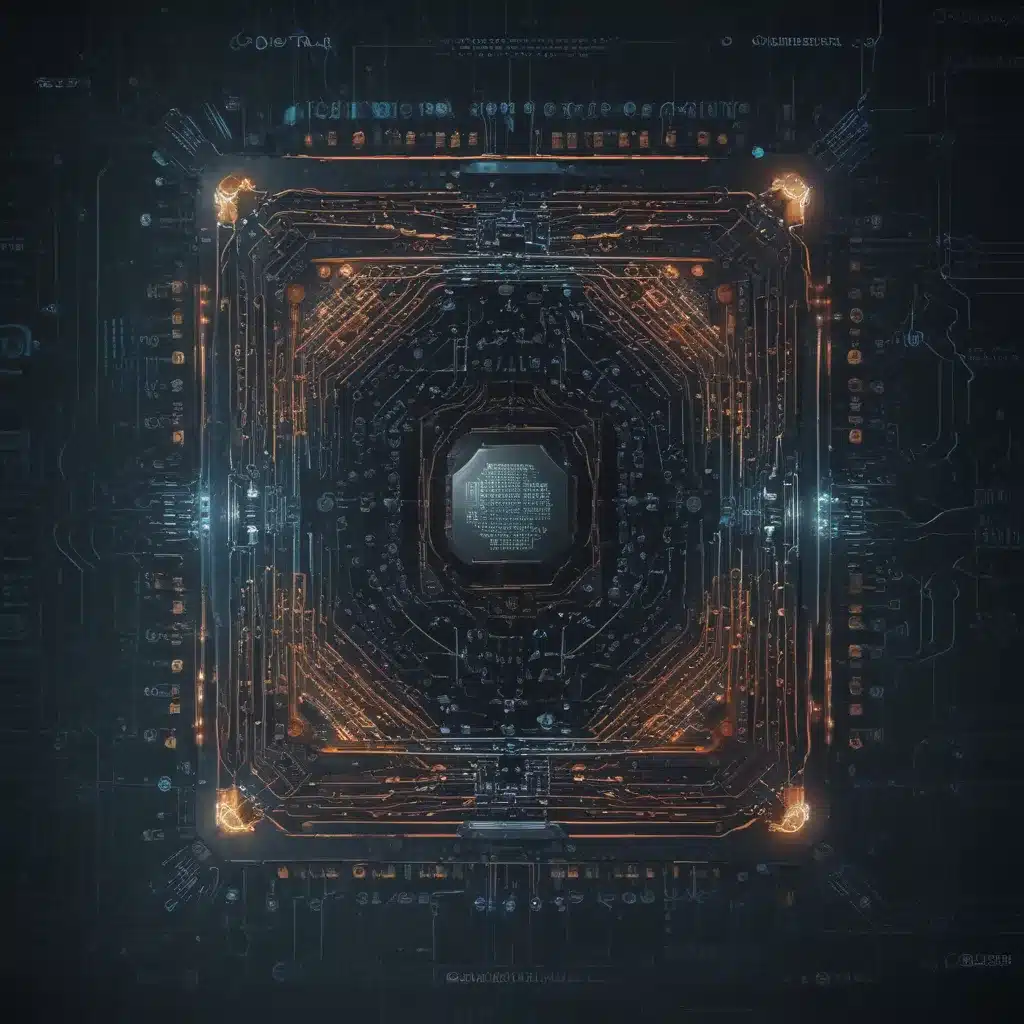The Nightmare Scenario
It started with a simple text alert from my bank. “Transaction confirmed: £700 transferred.” But I hadn’t made any such transfer. Panicked, I tried to log into my account, only to find my password rejected. Worse, when I tried to reset the password through my email, I couldn’t access that either. In that moment, I knew I’d been hacked – and it was all because I had used the same weak password across both accounts.
After hours on the phone with my bank and email provider, I finally regained control of my accounts. But the damage was done. Unauthorized charges, compromised personal information, the stress of untangling it all. It was a nightmare scenario that no one wants to experience. [1]
The Importance of Strong Passwords
This incident made me realize just how crucial strong, unique passwords are for protecting my online accounts. Weak or reused passwords are an open invitation for cybercriminals to access our most sensitive information – our money, our identities, even our personal communications. [2]
As the saying goes, a chain is only as strong as its weakest link. When it comes to account security, that weakest link is often our own password habits. Criminals look for the easiest targets, the low-hanging fruit. And if we’re using simple, easy-to-guess passwords, we’re making ourselves prime targets. [3]
The Anatomy of a Strong Password
So what makes a password truly strong and secure? Experts agree it comes down to three key elements: length, complexity, and uniqueness. [2,3]
Length is crucial – the longer the password, the harder it is to crack. Aim for at least 12 characters, with 14 or more being even better. And don’t settle for simple words or phrases that could be found in a dictionary. Instead, go for a random jumble of letters, numbers, and symbols. [3]
Complexity is the next piece of the puzzle. Avoid using personal information like your name, birthdate, or pet’s name that could be easily guessed. Instead, create a memorable “passphrase” – a sequence of 4-7 unrelated words. Or generate a random string of characters that has no obvious meaning. [2]
Finally, uniqueness is key. Never, ever reuse the same password across multiple accounts. If one of your accounts is compromised, a criminal will immediately try to use those same credentials to access your other important accounts, like your email, banking, or social media. [3]
The Password Manager Solution
I know what you’re thinking – how on earth are we supposed to remember all these long, complex, unique passwords? The good news is there’s a simple solution: password managers. [2,3]
Password managers are easy-to-use programs that generate, store, and automatically fill in your login credentials for you. All you have to remember is the master password for the manager itself. This way, you can have a truly strong, unique password for every single account, without the headache of trying to keep track of them all. [3]
Many password managers even have additional security features, like warning you when you’re using a weak or compromised password, or alerting you to potential data breaches that may affect your accounts. [3] They’re a true game-changer when it comes to protecting our digital lives.
The Importance of Multi-Factor Authentication
Of course, password security is just one piece of the puzzle. Even the strongest, most unique password is still vulnerable if someone manages to steal it. That’s where multi-factor authentication (MFA) comes in. [3]
MFA adds an extra layer of security by requiring more than just a password to access an account. It might be a one-time code sent to your phone, a fingerprint scan, or some other additional verification step. This makes it exponentially harder for criminals to break into your accounts, even if they’ve somehow obtained your password. [3]
Enabling MFA is one of the single most effective steps you can take to safeguard your online accounts. It’s like locking the door and setting the alarm – your password is the lock, and MFA is the alarm that goes off if someone tries to force their way in. [3]
Stay Vigilant, Stay Secure
The digital landscape is constantly evolving, and the threat of cybercrime is ever-present. But by adopting strong password habits and leveraging the power of password managers and multi-factor authentication, we can take back control and protect ourselves from becoming the next victim. [2,3]
It may take a bit of extra effort upfront, but the peace of mind and security it provides is well worth it. Remember, we’re not just safeguarding our own information – we’re also protecting our loved ones, our finances, and our digital identities from those who would seek to exploit our vulnerability.
So let’s make a pact: no more weak passwords, no more reusing the same credentials across accounts. Let’s get serious about our online security, one strong password at a time. Our future selves will thank us.
References
[1] Knowledge from https://support.google.com/accounts/answer/32040?hl=en
[2] Knowledge from https://www.cisa.gov/secure-our-world/use-strong-passwords
[3] Knowledge from https://support.microsoft.com/en-us/windows/create-and-use-strong-passwords-c5cebb49-8c53-4f5e-2bc4-fe357ca048eb

